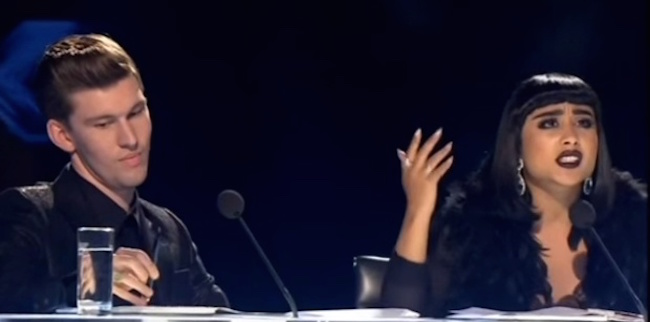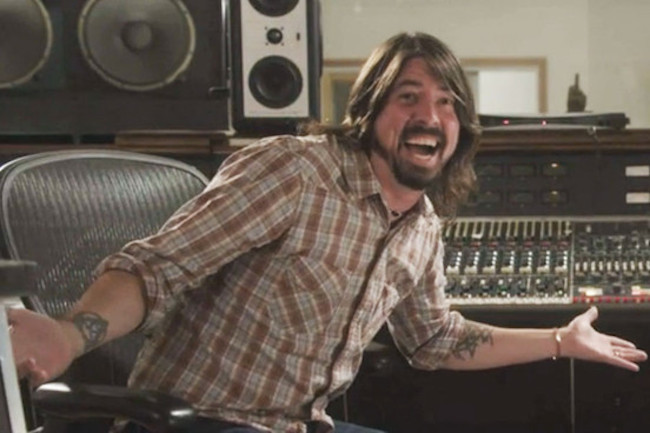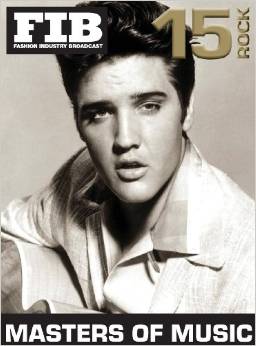Simon Cowell, the proprietor of the American Idol and X-Factor franchises has been long acquitted to devoting his time and effort into producing the next big thing.
The winner’s of his talent shows generally move on to sign multi-million dollar record deals (Jordan Sparks, Kelly Clarkson, Little Mix and Leona Lewis), but the deeper issues that concern these types of shows is highlighted not from the how’s and why’s but rather the what’s.
And specifically, what they make stars from – a certain unrealistic mould that not even the stars themselves fit into.

Simon Cowell’s persona has been constructed on his industry knowledge – basically a global perception that Simon Cowell knows best. He invests a lot of time and research into finding out just what it is that makes people want to spend their money. Besides the obvious answers like sex appeal, marketability and pop culture relevancy, he also plays devil’s advocate and his arrogance is not strongly admired by aspiring musicians feeling the push to conform.
The narcissistic nature that these shows is facilitated by allowing the audience to judge what they think is satisfactory. Hitting flat notes, looking the wrong way and just generally being deemed not to have “it” – whatever “it” is – is what Simon Cowell spends his time researching. This all contributes to the dying nature of what music is all really about. Indeed, isn’t non-conformity supposed to be the key factor of raw passion?
The many imperfections of artists add to their character and appeal, so why try and eliminate this? This teaches a generation of kids’ that they have to achieve the unattainable goal of being “perfect” just to make some money. These musical talent shows teach the younger generation’s that to be worth any musical gold, you have to audition on television to be scrutinised.
And even worse – in order to be successful (despite how talented you might be) you are only as good as the public deems you.
As a case in point, three days ago the most notable and cringe-worthy scandal to emerge from The X-Factor reared it’s head: a bullying stunt that cost two judges their jobs. Natalia Kills and Willy Moon, the now former judges of New Zealand’s version of the show have been given the sack, as well as their fair share of criticism over the bullying tirade they started on contestant Joe Irvine. Even worse, only a day later did Natalia’s live broadcast endorse that bullying a contestant by name-calling and humiliating them was justified by her job position.

Although it was an elaborate stunt to get media attention (which worked) it didn’t say much about the persona that she displays to the public. Her words aimed to hurt and abuse Irvine:
“As an artist who respects creative integrity and intellectual property, I am disgusted with how much you have copied my husband. From the hair, to the suit, do you not have any value or respect for originality? You’re a laughing stock. It’s cheesy, it’s disgusting, I personally found it absolutely artistically atrocious. I am embarrassed to be sitting here in your presence, having to even dignify you with an answer of my opinion.”
Her partner in bullying crime, Willy Moon added to the tirade by saying:
“To me, it just seems a little bit cheap and absurd. It’s like Norman Bates dressing up in his mother’s clothing. It’s a little bit creepy. I feel like you’re going to stitch someone’s skin to your face and then kill everybody in the audience.”
My question is – why do Kills and Moon think that they are influential enough to shame someone for looking like something that they themselves endorse? Kills released a single back in 2013 and Moon featured one of his songs on an iPod advertisement the year before that: they are a tag team of married bullies that have only ever produced semi-one-hit wonders. It seems that the fame and general nature of Cowellitis (the virus of knowing everything) went to their inflated heads.
Kills doesn’t seem to be showing an ounce of remorse for the whole situation, evidenced through the lack of further communication from the pair, despite their Twitter accounts still being active. Look, we get it: some people are human and have bad days, but showing no remorse for a mistake that has been highlighted around the world is just plain ignorant. It is this implicit narcissism on musical talent shows that proves how Cowellitis is infectious. It aims to fit people inside a prized and packaged box.
Dave Grohl from the Foo Fighters explained how musical talent shows should not have the right to tell a contestant that they are bad, or in this case, bully them:
“I don’t want my kid to think that the only way you can be a musician is to stand in line at a song contest audition and then wind up having a bazillionaire tell you if you’re not a good singer. To me, that’s not what music’s about.
People are judged so harshly by … musicians that hardly even play an instrument on their own. [People] should feel encouraged to be themselves. If my daughter walked up onstage and sang her heart out and some billionaire looked at her and said, ‘no, I’m sorry you’re not any good,’ I’d throttle that person, I swear to God.”

Grohl is no stranger to making comments on the authenticity of music and how it is produced, which directly combats the Simon Cowell approach of creating pop stars just for the sake of it. Simon Cowell has had his fair share of bullying moments, but to be frank, the show wouldn’t be endorsed without him so he’s just personified as an outspoken producer.
Musical talent shows are relevant for the time being but the winners of them seem to become disposable. With the exception of Kelly Clarkson – being the first winner of American Idol – which artists from these shows has been releasing top ten hits since their ‘big break’? Very few.
The way music should be appreciated and loved is through an understanding of continuity and a dedication by the artist’s themselves to want to do what it is they love. Not be criticised by a panel of judges because they don’t look the part.
In the words of Grohl:
“Who the f*ck are you to say what’s good or bad?”
Read more about Dave Grohl and the Foo Fighters in Masters of Music Volume 15, soon to be released on Amazon.







